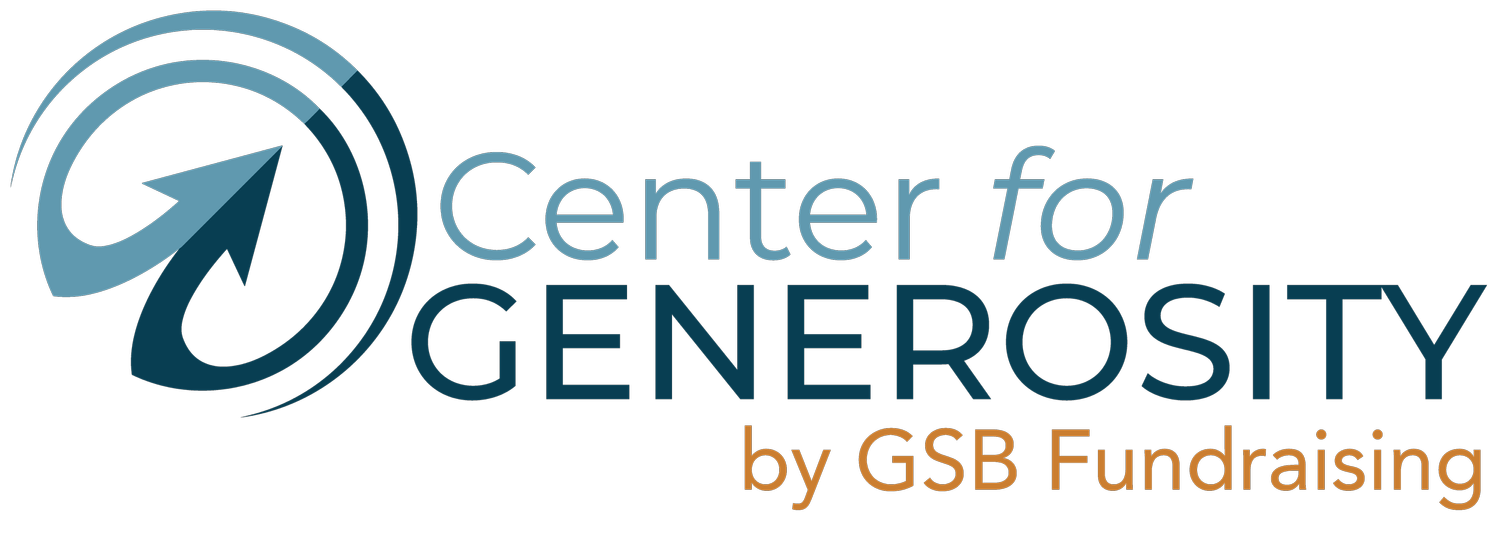Resource Library
Search by Topic
- 10 Steps of Fundraising
- Acknowledgements
- Annual Fund
- Appeal Letters
- Board Governance
- Capital Campaigns
- Case Development
- Challenge Gifts
- Congregation Governance
- Congregations
- Crisis Management
- Database
- Development Councils
- Development Plan
- Donor Relations
- Executive Leadership
- Giving Trends
- Gratitude
- Human Resources
- Lapsed Donors
- Major Gifts
- Marketing
- Matching Gifts
- Mission
- Non-Profits
- Planned Giving
- Public Relations
- Recurring Giving
- Samples
- Self-Care
- Special Appeals
- Special Events
- Stewardship
- Stewardship Appeal
- Storytelling
- Strategic Planning
- The Ask
- Theology
- Tributes
- Volunteers
- Wealth Screen
- Websites
- Youth Fundraising
The Importance of Follow Up and How to do it
Any fundraising effort must include comprehensive follow-up. A donor may choose not to participate in your campaign or appeal, but it is your job to invite them to be generous and to get a decision. Learn how to conduct proper and thorough follow-up in this video.
Challenge Gifts, The what, why, and how
Utilizing Challenge Gifts can stimulate giving and get you noticed. Many times these gifts are used to stimulate gifts among under-performing populations or to assure everyone that their gift and participation is important. Donors love to give them because it assures that they won't be the only one being generous.
Raising Money from Donor Advised Funds
Know what they are, how to identify them, why donors use them and how to make sure you are maximizing gifts from them.
Giving Societies
Giving societies are useful tools in renewing and upgrading your donors. Join us as we discuss establishing and marketing giving societies, as well as using giving societies to share our gratitude to our donors.
Preparing Volunteers and Board Members for Major Gift Solicitations
One of the most successful methods to invite gifts in person is to ask a respected board member or other volunteer to join you during the donor visit. Proper preparation is essential for a motivational meeting, however. We will look at how to prepare your volunteer for the visit, and what that visit looks like.
How to make an in person ask
In this session we'll share the best practices for asking for a gift. Whether you've never asked, or just want a refresher, participants will leave this session with new and renewed confidence to invite others to generosity.
Cultivating New Major Donors
Most congregational giving charts include a few people at the top. While this is quite normal, the reality is that a significant number of those giving families come from the older age brackets. Growing a strong base of younger givers will sustain ministry even as some major donors leave the congregation (via death, relocation, or other reason). In this Master Class, Rev. Pete Reuss will provide a practical framework of inviting new families to step into this leadership giving role. It includes cottage meetings, current major givers, and the pastoral staff.
How donors can use business assets to fund gifts
Since 2007, small businesses have enjoyed a tax benefit which was passed by congress to stimulate the economy. Purchased equipment and vehicles have mostly been depreciated for tax purposes. What happens when these assets are sold or the business is transitioned to new ownership? The short answer is, they are taxed. Many of these small businesses are owned by some of your donors. At this roundtable, we will discuss ways donors can use the benefits of making gifts to your organization with these assets, in a very tax-wise way.
Talking to Major Donors
How you engage and visit with a donor makes a difference. Remember to let them talk because they will remember more of what they say than you say. Leading them to self-inspire is one of the best ways to grow a major donor.









